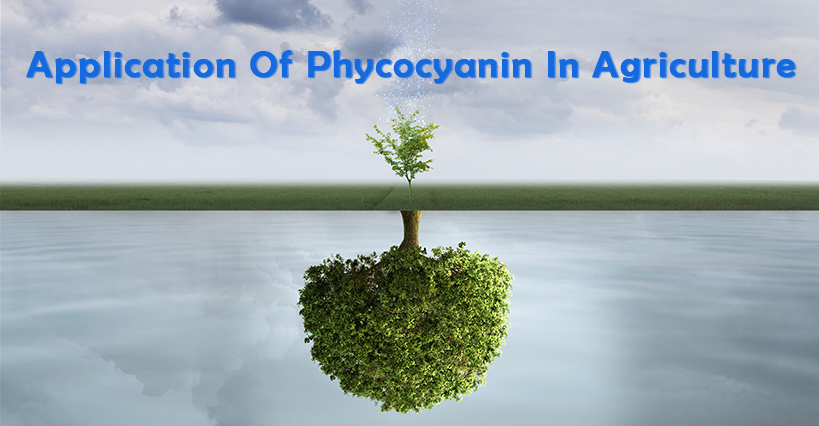
Application Of Phycocyanin In Agriculture
Phycocyanin is a natural blue pigment, a protein extracted from spirulina. It is rich in nutrients and has a complete amino acid composition. Phycocyanin is a nutritious and balanced natural green product on the earth, and is known as the “microgreen nutrition bank”.
It can automatically adjust the vegetative growth and reproductive growth of crops, thus having the ability to resist disease and to assist the treatment of diseases, thereby improving crop yield and quality.
Phycocyanin is a light-sensitive protein, a light-harvesting antenna in algae cells. It belongs to the phycobiliprotein family. It is a blue powder, soluble in water, can be destroyed by organic solvents. It is sea blue in the range of pH 3.5~9.5, stable in pH 5~8. Ph3.4 is its isoelectric point, at this point, precipitation occurs. Phycocyanin is sensitive to heat. Besides, metal ions have an adverse effect on it.
Current experiments conducted by the Beijing Academy of Agricultural Sciences and Shandong Vegetable Research Institute have shown that phycocyanin, extracted from spirulina, contains specific auxins.
As a foliar fertilizer, phycocyanin has the following effects :
1, Preserve fruits, improve fruit set rate
2, Increase yield, improve quality
3. Improve the soil utilization rate
4, Antibacterial and disease resistance, improve immunity

